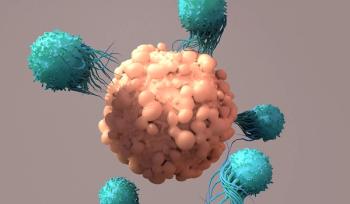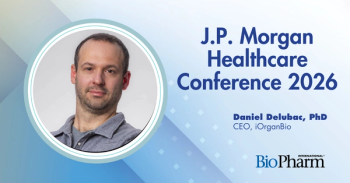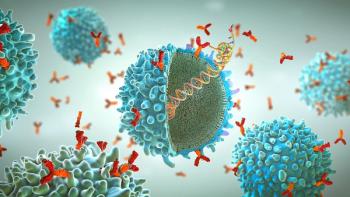
Global Cell Therapy Requirements Need Thorough Understanding (PDA/FDA Joint Regulatory Conference 2023)
Humberto Vega, PhD, Executive Director, Bristol Myers Squibb, discusses the requirements needed to be successful in global cell therapy as a part of his session, "Successfully Navigating Global Cell Therapy Requirements."
Humberto Vega, PhD, Executive Director, Bristol Myers Squibb, discusses the requirements needed to be successful in global cell therapy as a part of his session, "Successfully Navigating Global Cell Therapy Requirements."
Vega: Well, that is an interesting question. As I mentioned before, in terms of the challenges from the regulatory space, each country have its specific requirements. Some of them are common across the different countries. However, some are very specific to the country. For example, in China, there are multiple offices that manage requests around cell therapies in the US or fewer offices within FDA; in Europe, same thing. So each group each particular sub office, in a regulatory body, we have different roles and having or presenting a product to different countries will have a requirement to want to extend their specific country requirements to ensure you satisfy them. And you answer their questions and expectations in a satisfactory manner to avoid going back and forth or delays in the approval of your problem.
Vega: There's so much... internal landscape in the regulatory space. Each company as each product is now being launched into different countries, it is critical to understand the expectation for that country, critical to understand what others have done, that helped shape the expectation from the regulatory point of view. If that exercise is not properly conducted, the chances for failure will increase because it's not an issue of building or creating your own elements, it's making sure as an industry everyone target the same requirements and help shape the regulations around the world and avoid different directions across countries.
Newsletter
Stay at the forefront of biopharmaceutical innovation—subscribe to BioPharm International for expert insights on drug development, manufacturing, compliance, and more.




